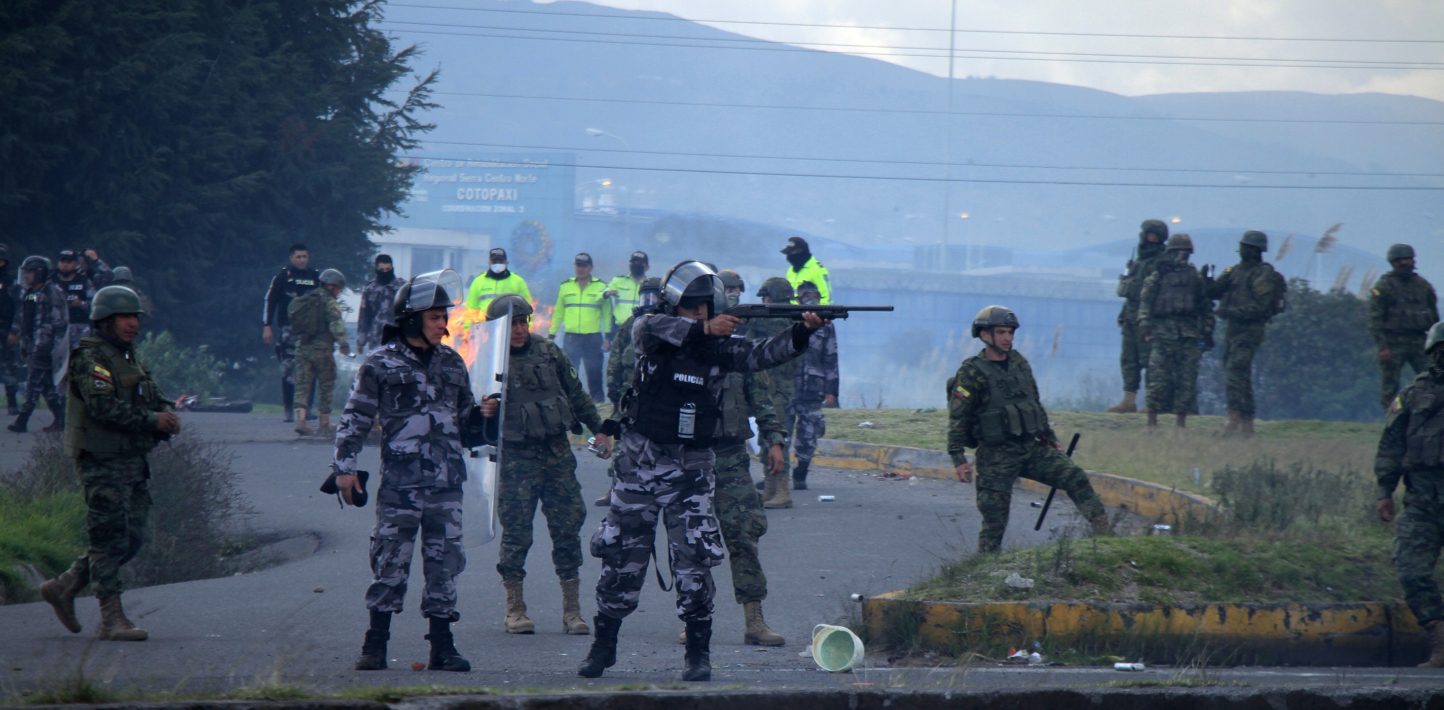During the next few weeks, the National Assembly of Ecuador’s Occasional Commission for the Treatment of Constitutional Amendments and Reform Projects will discuss a partial reform to the Constitution, sent by President Guillermo Lasso, which would endorse the permanent use of the Armed Forces in public security tasks in the country. Today, Amnesty International sent a communication to the members of the Commission, expressing its concern about the draft reform, which in its view contravenes Ecuador’s international human rights obligations.
In this regard, Erika Guevara-Rosas, Americas director at Amnesty International, said:
“The Inter-American Court of Human Rights has clearly established that the use of the Armed Forces in public security tasks must be exceptional and have adequate civilian controls and clear accountability mechanisms in case of human rights violations. Otherwise, the deployment of the military puts the human rights of the population at risk.”
“As a state party to the American Convention on Human Rights, Ecuador must guarantee that all its public policies and regulations on public security respect these international norms. We call on the Assembly members to comply with Ecuador’s international commitments and reject the bill because it violates international standards.”
The Inter-American Court of Human Rights has clearly established that the use of the Armed Forces in public security tasks must be exceptional and have adequate civilian controls and clear accountability mechanisms.
Erika Guevara-Rosas, Americas director at Amnesty International
“The permanent deployment of the military in public security tasks is not an effective and comprehensive response to the enormous challenges facing the country. If the Ecuadorian authorities have the genuine will and commitment to design a sustainable and effective response, then they must put human rights at the center. The Commission must listen to the voices of Ecuadorian civil society organizations, which have called for the design of comprehensive public policies in this area and for a halt to the trend towards the militarization of public security in the country.”


